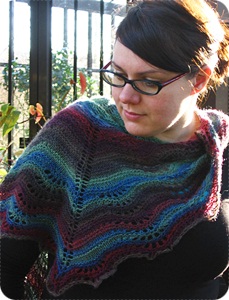Last week I finished reading Colm Tóibín's Brooklyn, a quiet novel about a girl who moves from one country to another in order to improve her prospects. I have a lot of time for Tóibín: his novel about Henry James, The Master, was one of my favourite reads in the past decade, and I remember being shocked and moved by another deceptively quiet Tóibín novel, The Story of the Night. With Tóibín, you wait for the story to hit you. His books are not fast-paced caper filled with unbridled emotions - you have to be a patient reader and put your trust in the story-telling. The quiet rooms, the things left unsaid and the thoughts the characters keep to themselves - Colm Tóibín knows that is where the real stories exist. That is not to say that Nothing Ever Happens in Brooklyn. Eilis Lacey, our protagonist, goes to dances, finds a job, meets people and falls in love. Brooklyn has comedic touches too - some colourful characters, a baseball game, a stomach-churning journey across the Atlantic - but admittedly even the comedic touches are low-key. Oh, and there are some very, very big decisions being made by ordinary people in Brooklyn.
Brooklyn is about the the émigré experience. What does it really feel like leaving your country, your culture, your family and your friends for somewhere else? Reading Matters has an excellent take on this:
[Brooklyn] might be set in the 1950s but it touches on universal themes that resonate today, and I've yet to read anything that so perfectly captures the profound sense of dislocation you feel when you swap one country for another and then return to your homeland for the first time.
In short, Brooklyn is a superb paean to homesickness and the émigré experience. I think I identified with it so strongly because it shows, in an understated but powerful manner, how all emigrants have to make that god-awful decision about whether to stay or go (..).
I took my time reading Brooklyn, mostly because I did not want to become upset on public transport or in my workplace. I hesitate to use this word, but reading this novel was a profound reading experience - I put much of myself and my own life into it. It will stay with me for a long time.
I am now currently reading Sarah Waters' The Little Stranger. I have a little theory about Waters the novelist and so far The Little Stranger plays along with my theory. It is also very good thus far.



